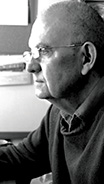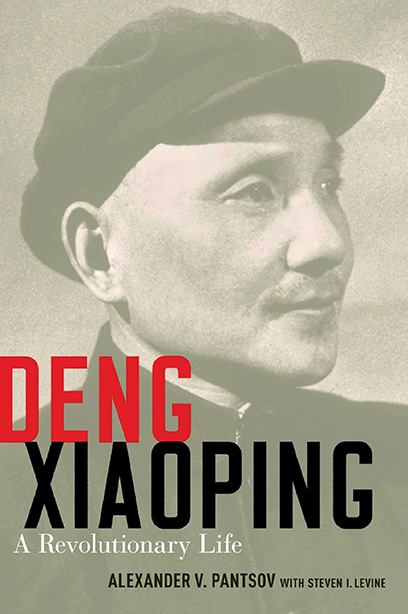It could be argued that the success of the transition from the Portuguese legacy of Macau to the Macau Special Administrative Region (MSAR) of China is a legacy of the author of the concept of ‘One Country, Two Systems’, former paramount leader of the People’s Republic of China, Deng Xiaoping.
What distinguishes the biography Deng Xiaoping: A Revolutionary Life published in June 2015 from other accounts, is that the authors have recently had access to documents – once secret archives kept by the Soviet Union. The core of the archival sources consists of previously unexamined extensive personal dossiers of Deng Xiaoping as well as his family members.
The book opens with a description of the events in Tiananmen Square in 1989 which led to Deng’s decision to “restore order” despite pleas to the rebellious youth to return home. The authors pose the question: “Why dredge up the past” after all China has since developed by leaps and bounds and it seems that the modernization instituted by Deng’s reforming zeal have led to the majority of Chinese to look to the future, not the past. The authors argue that Deng “retained his firm conviction about the necessity for dictatorship in the form of the unchallengeable rule of the Chinese Communist Party”. In effect though, Deng was at the forefront of many challenges to the basic beliefs of the Party in that he oversaw the dismantling of much of the apparatus of a totalitarian system. Nevertheless, “He was called upon to be the reformer of Chinese socialism, not its gravedigger.”
Among Deng’s positive achievements, the authors cite the reduction of poverty in China by 50 per cent and still growing. This of course was not entirely as a direct result of his policies, but the public’s response to the reforms he initiated. He set China on the road to integration with the international economic system and was responsible for making China a global power and major player in international relations.
It could be said that Deng was ‘A Man of Steel’. The book chronicles Deng’s formative years in the 1920s as a student in France where to support himself he worked and experienced the hardships of labour in the Schneider metallurgical works in the city of Le Creusot in Burgundy. Deng was to say years later to the French Foreign Minister Roland Dumas, “Your capitalists taught me a good lesson, they taught me and my friends (everything) and pushed us into the path of communism and propelled us toward a belief in Marxism–Leninism.”
The book explores how Deng rose in the ranks of the Communist Party under Mao. He is described as “an efficient and dependable commissar, the heart and soul of any campaign” and did not challenge the leadership of the Great Helmsman or try to emulate Mao’s intellectual musings. We are told that the Chairman “must have liked Deng’s peasant background, his easy going manner, his passion and devotion to the party’s cause.”
The authors avoid extolling the virtues of Deng as the ‘architect of economic reforms’ pointing out that it was during the final years of Maoism that millions of ordinary villagers had already undermined the foundations of the ‘planned economy’ and lifted themselves out of poverty. Deng was unable to fight the popular trend towards de–collectivization and allowed it to proceed using economic growth to consolidate the Party’s grip on power. This is perhaps the concluding premise of the book as China continues on the Party’s track but governed by leaders who manage, rather than suppress dissent.
As Frank Dikötter, another reviewer of the book, points out “Deng was a leader of few words” and “left almost no paper trail.” We know very little about his opinion of Margaret Thatcher who was upstaged over the return of Hong Kong’s sovereignty except that he enjoyed spitting into an enamelled spitoon in her august presence. We also know that he was a “crafty, obsessive bridge player and died in retirement with one title intact – namely, honorary president of the All–China Association of Bridge Players.”



